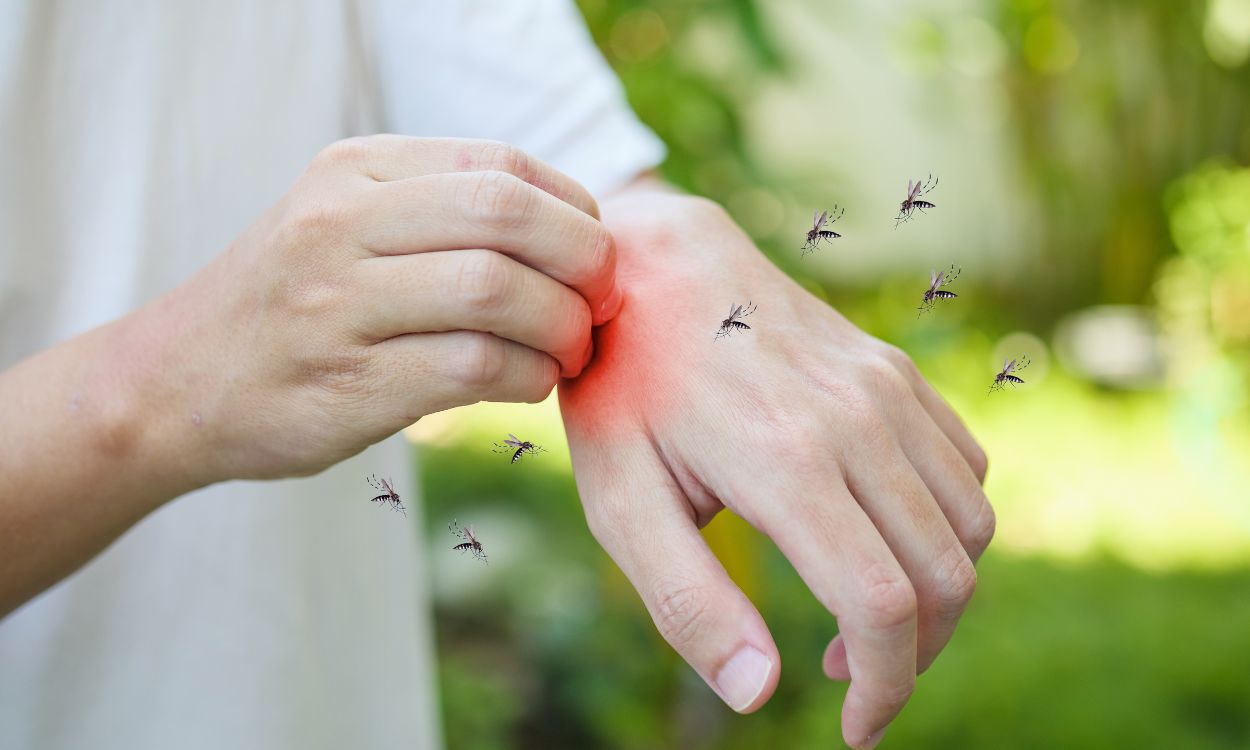Tick Bites: Identification, Removal, and Disease Prevention – Your Guide to Staying Safe and Healthy
Ticks are small, blood-sucking parasites that can cause serious health problems if left untreated. In India, tick bites are becoming increasingly common, especially in rural areas. With the rise of outdoor activities and travel, it’s important to know how to identify, remove, and prevent tick bites.
Identification:
Ticks are small, brown or black insects that attach themselves to the skin and feed on blood. They are commonly found in grassy or wooded areas, and can also be found on pets and livestock. Ticks can carry a variety of diseases, including Lyme disease, Rocky Mountain spotted fever, and tick-borne encephalitis.
If you have been bitten by a tick, it’s important to identify the type of tick and the symptoms of any associated diseases. Symptoms of tick-borne diseases can include fever, headache, muscle aches, and rash. If you experience any of these symptoms after a tick bite, seek medical attention immediately.
Removal:
If you find a tick on your skin, it’s important to remove it as soon as possible. Use a pair of fine-tipped tweezers to grasp the tick as close to the skin’s surface as possible. Pull upward with steady, even pressure, being careful not to twist or jerk the tick. After removing the tick, clean the bite area with rubbing alcohol or soap and water.
Do not use home remedies such as petroleum jelly, nail polish, or heat to remove the tick, as these methods can actually increase the risk of infection.
Disease Prevention:
The best way to prevent tick bites is to avoid areas where ticks are commonly found, such as wooded or grassy areas. If you do spend time in these areas, wear long-sleeved shirts and pants, and tuck your pants into your socks to prevent ticks from crawling up your legs.
Use insect repellent containing DEET on exposed skin and clothing, and check yourself and your pets for ticks after spending time outdoors. Showering within two hours of being outdoors can also help wash away any unattached ticks.
If you do find a tick on your skin, don’t panic. With proper identification, removal, and disease prevention, you can stay safe and healthy. At Fitpaa, we believe that a healthy lifestyle is the key to preventing and managing diseases. Our personalized Fitpaa Capsule, based on your metabolism and health goals, can help you achieve optimal health and fitness. Download the Fitpaa app today and start your journey towards a healthier you!











